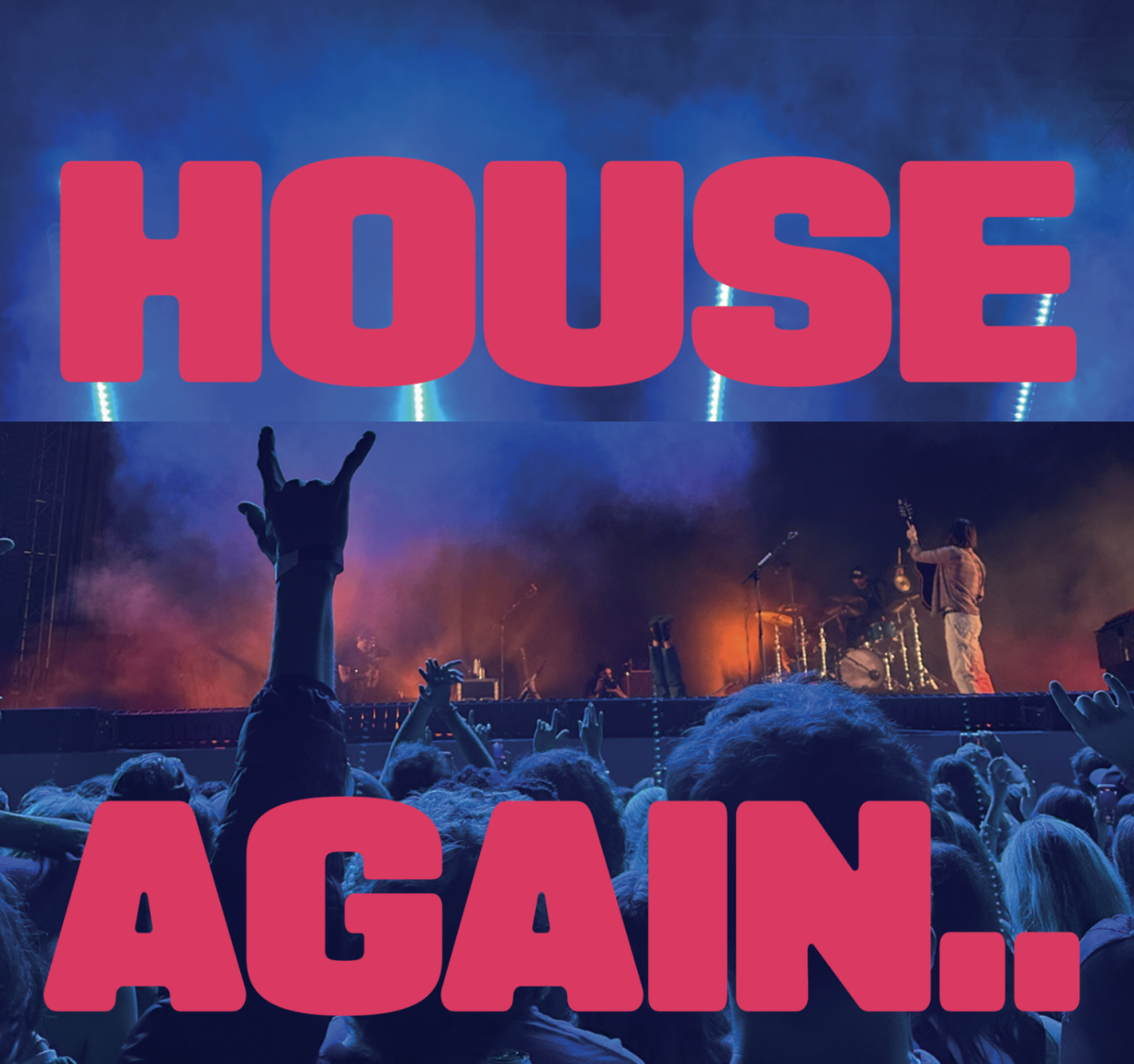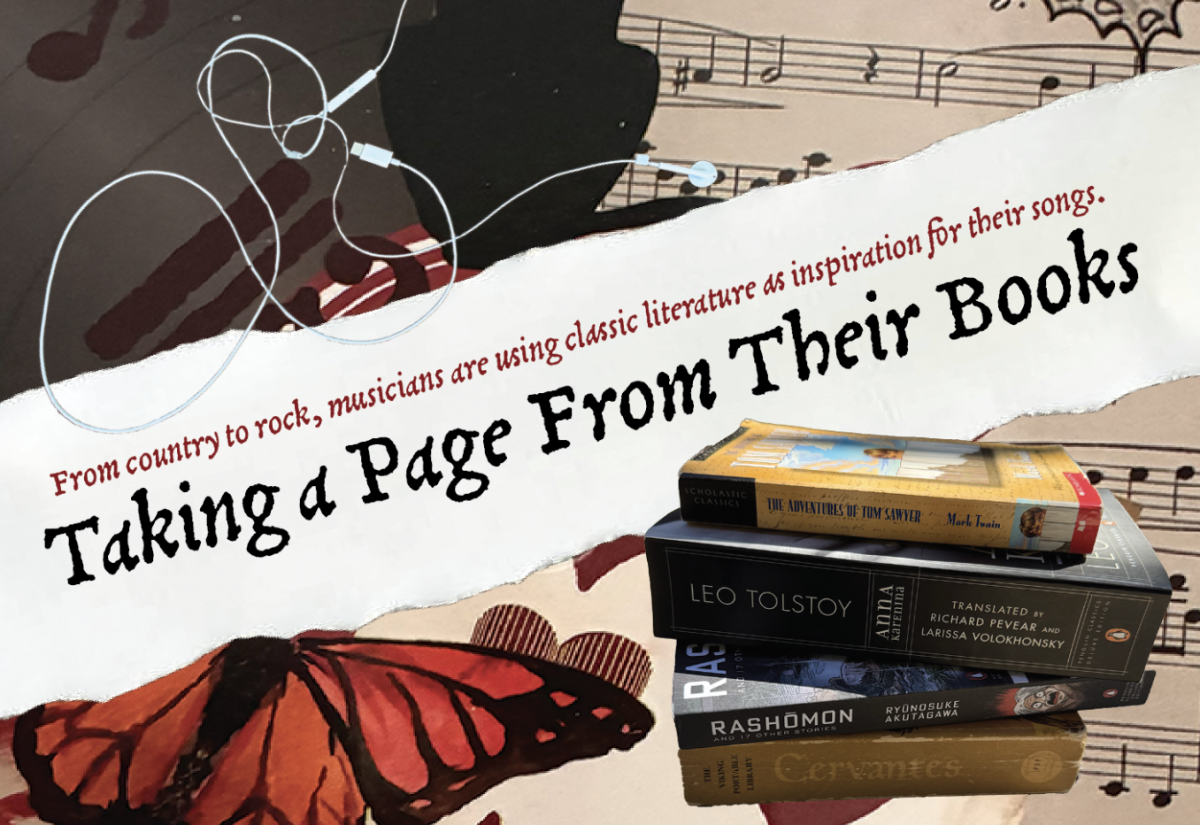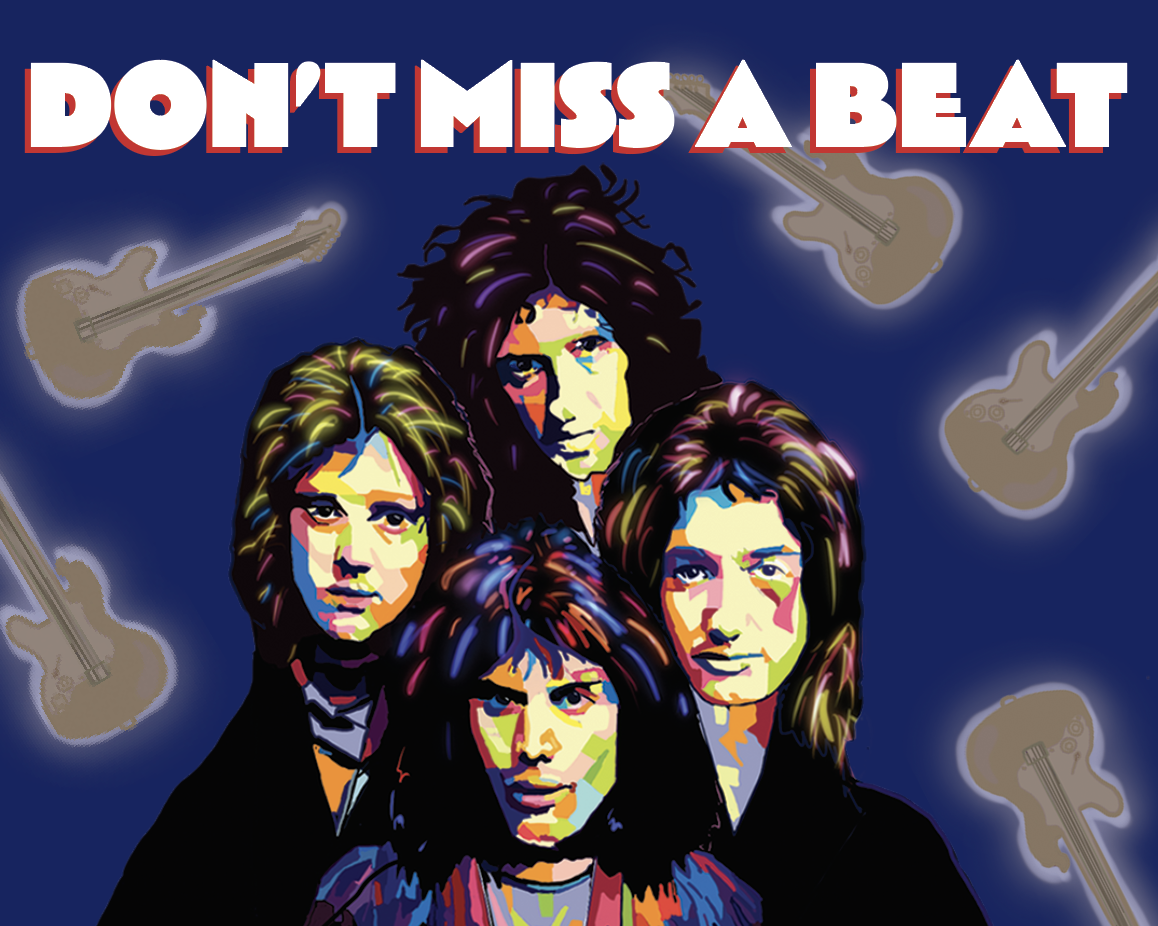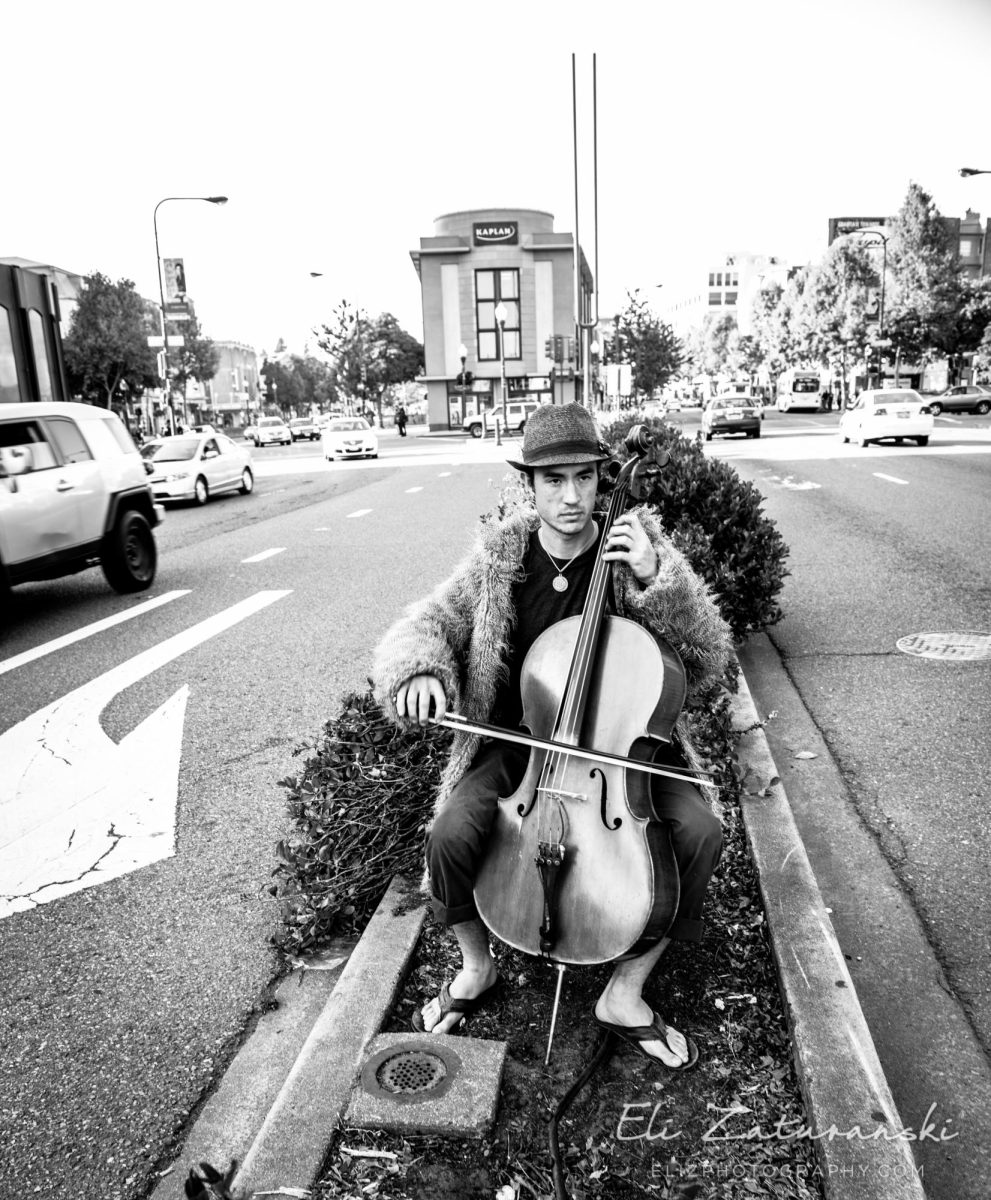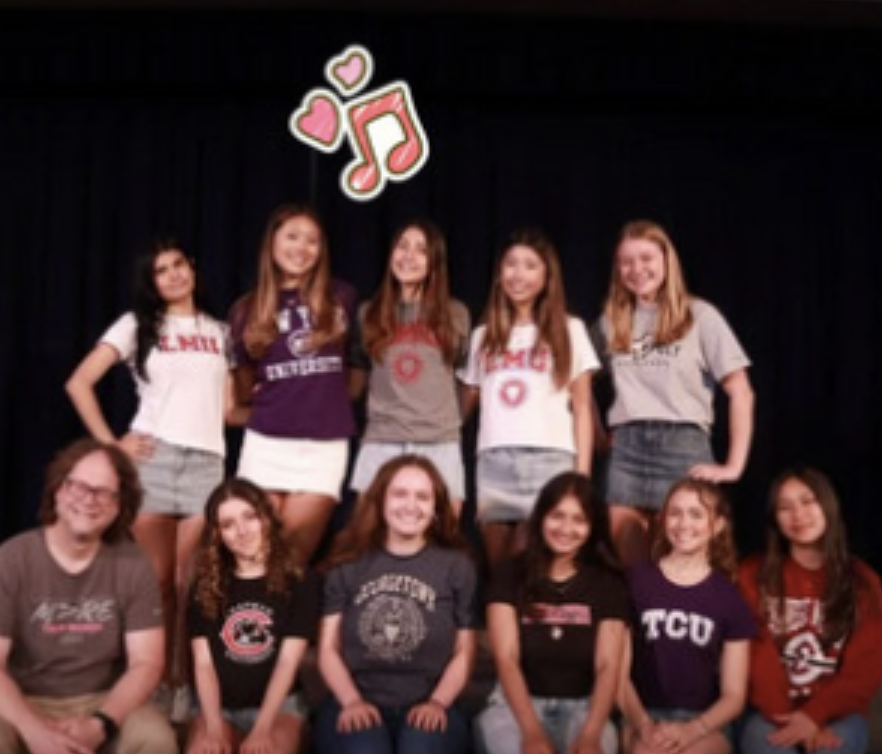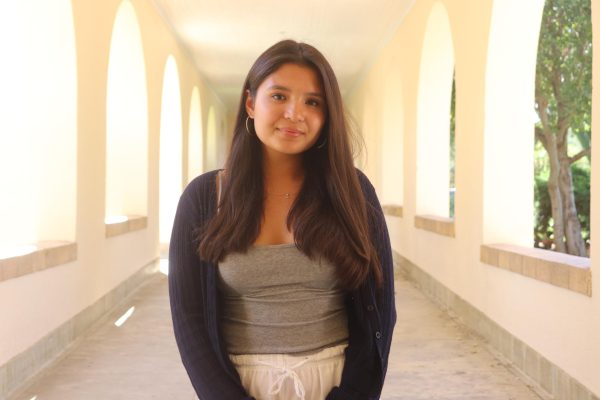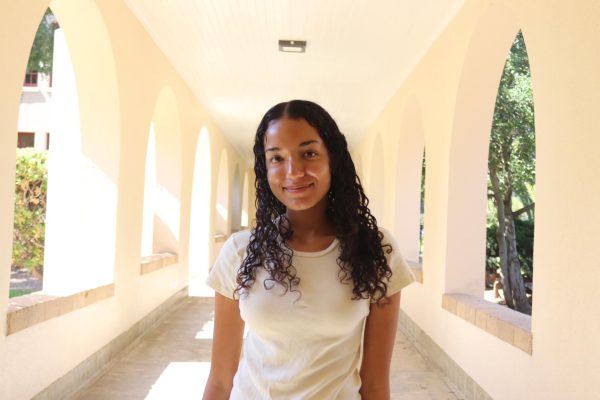“To heal the world” just about sums up the goal of the Paula Boggs Band, bassist and longtime member King Dow said. The Seattle group’s music covers a handful of topics, yet one rises to the surface in most of the Paula Boggs-written tracks: the history of prejudice and racism toward Black individuals.
Since 2007, lead singer Boggs has been churning out original music for audiences across the country. According to the band’s official website, their music blends classic jazz and Americana, which they call “Seattle-brewed soul grass”.
“We call it Seattle-brewed soul grass because you’ve got the violin, which is bluegrass, we have a stand-up bass, we have acoustic guitars and we have a left steel,” Boggs said.
But Boggs was not always the country-touring musician she is today. In her wide-ranging career, she has served roles including United States Army officer, Assistant U.S. Attorney for the Western District of Washington, Executive Vice President of Starbucks Corporation, Vice President of Legal at Dell Corporation and founder of Boggs Media, LLC.
Despite the variance in her diverse career paths, one thing has held true throughout each and every role: Boggs’s commitment to diversity. Boggs said that her background has allowed her to recognize the importance of diversity — not simply within the demographics, but in behaviors, experiences and values. The Paula Boggs Band is yet another testament to this primary focus, she said.
“We [The Paula Boggs Band] have tremendous generational diversity, racial and ethnic diversity on stage and how different band members process information,” Boggs said. “[It’s] not one size fits all, and as the band leader, I’ve had to learn that and develop sensitivity for [diversity].”
Caring about diversity has been a factor in Boggs’s life for as long as she can remember. Boggs herself is a Black woman and has consequently faced her fair share of pressure to fit into a certain musical mold. Yet, in creating the diverse group of members who bring The Paula Boggs Band to life, Boggs said she has found a way to push external pressures aside and focus on what’s really important: the music and its messages.
Dow, himself a Black man, was drawn toward the group for that same reason. Dow said that he likes how Boggs’s lyrics tell a story, blending her own personal experiences with those of other Black people. One song, “King Booster,” details slavery; others talk about historic and tragic challenges that Black people in the United States have faced, he said.
“There’s a message of connecting people but being sensitive to these issues, while also trying to bring us to a better place,” Dow said. “The world needs [connection]. We’re always divided with our different differences and politics and things like that. At the end of the day, what connects us is that we all have the same blood, we all breathe the same air, so there’s no reason for us to be divided.”
For many, music is a form of expression or a form of sharing. For Boggs, Dow and the rest of the band, their music is their way of sharing stories, experiences and their voices. And their voices are not done being shared just yet. In 2026, according to Boggs, there will be a brand-new album on the way.
“[We are] committed to the stories that we, this band, tell, and how we arrange our music,” Boggs said. “The instrumentation for it is grounded in that philosophy. We’re trying to serve the story [justice].”



